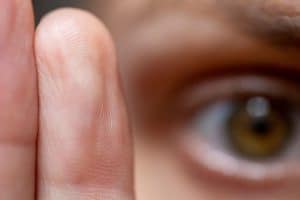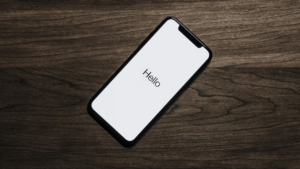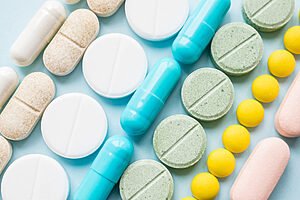Vyvanse (lisdexamfetamine) is a prescription medication often prescribed to treat attention deficit hyperactivity disorder (ADHD) and binge eating disorder. One of the key aspects of its effectiveness lies in its impact on dopamine, a neurotransmitter that plays a crucial role in the brain’s reward and pleasure centers. In this blog, we’ll explore the intricate connection between Vyvanse and dopamine, how it influences brain function, and the implications for individuals using this medication.
Dopamine: The Brain’s Reward Messenger
Dopamine is a neurotransmitter that functions as a chemical messenger in the brain. It plays a pivotal role in regulating mood, motivation, reward, pleasure, and attention. When dopamine levels are balanced, they contribute to feelings of happiness and satisfaction. However, imbalances in dopamine activity can lead to various mental health conditions, including ADHD.
Vyvanse’s Mechanism of Action
Vyvanse belongs to a class of medications known as stimulants. It’s classified as a prodrug, which means it’s inactive until it’s metabolized by the body’s enzymes. Once ingested, Vyvanse is converted into its active form, dextroamphetamine. This active form works by increasing the release of certain neurotransmitters, including dopamine, norepinephrine, and serotonin.
Impact on Dopamine Levels
One of the primary effects of Vyvanse is its influence on dopamine levels in the brain. It enhances the release of dopamine by blocking the reuptake of dopamine, which means the neurotransmitter remains active in the brain for longer periods. This increased dopamine availability leads to heightened stimulation of the brain’s reward pathways, improving focus, attention, and impulse control—core elements in managing ADHD symptoms.
The Pleasure-Reward Cycle
Dopamine is often associated with the brain’s pleasure-reward system. Activities such as eating delicious food, receiving compliments, or achieving a goal trigger the release of dopamine, creating feelings of pleasure and satisfaction. Vyvanse’s ability to increase dopamine levels contributes to improved focus and motivation in individuals with ADHD by making tasks and activities more rewarding.
Balancing Dopamine Activity
While Vyvanse’s impact on dopamine is beneficial for individuals with ADHD, it’s crucial to maintain a balance. Excessive dopamine activity, as seen in conditions like addiction, can lead to negative outcomes. When used as prescribed and under the guidance of a healthcare professional, Vyvanse helps maintain the delicate equilibrium of dopamine, enhancing cognitive function and attention without inducing a state of euphoria.
Potential Side Effects
Vyvanse’s effects on dopamine can lead to both positive outcomes and potential side effects. Some individuals might experience increased alertness, improved concentration, and reduced impulsivity. However, side effects can include insomnia, nervousness, and even, in rare cases, an exacerbation of mental health conditions. It’s essential to monitor any changes in mood, behavior, or physical symptoms and communicate them with a healthcare provider.
Balancing Benefits and Risks
The connection between Vyvanse and dopamine highlights the complexity of treating ADHD and related disorders. The medication’s effectiveness in improving attention and impulse control is well-documented, but it’s essential to weigh the benefits against potential risks. Healthcare providers carefully assess each patient’s unique circumstances and medical history to determine whether Vyvanse is an appropriate treatment option.
Personalized Treatment Approaches
Not all individuals with ADHD will have the same response to Vyvanse. Factors such as genetic makeup, dosage, and overall health can influence how a person’s brain responds to the medication. Healthcare providers work closely with patients to find the optimal dosage that effectively manages symptoms while minimizing potential side effects.
The connection between Vyvanse and dopamine sheds light on the intricate interplay between brain chemistry and medication. Vyvanse’s ability to enhance dopamine availability contributes to its effectiveness in treating ADHD symptoms. However, this connection also underscores the need for careful evaluation, personalized treatment approaches, and ongoing communication between patients and healthcare providers. By understanding how Vyvanse influences dopamine and brain function, individuals can make informed decisions about their treatment journey and work toward achieving optimal cognitive functioning and well-being.













